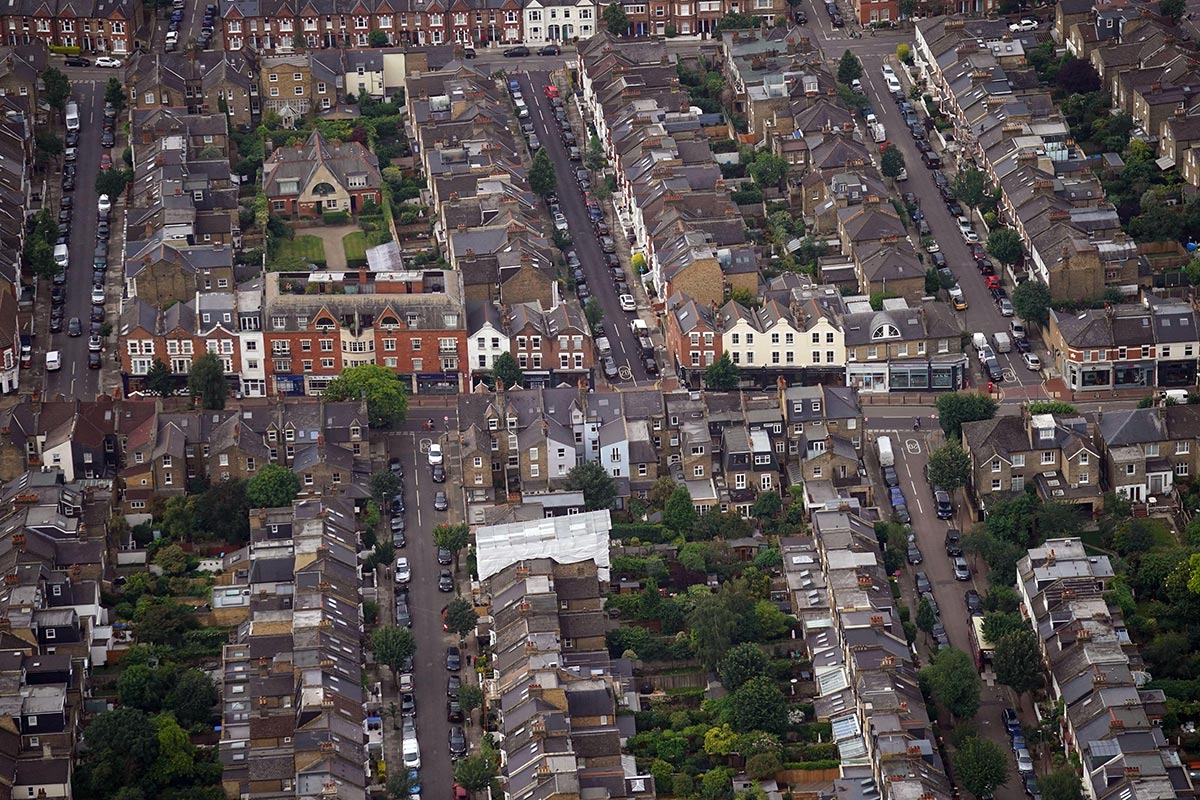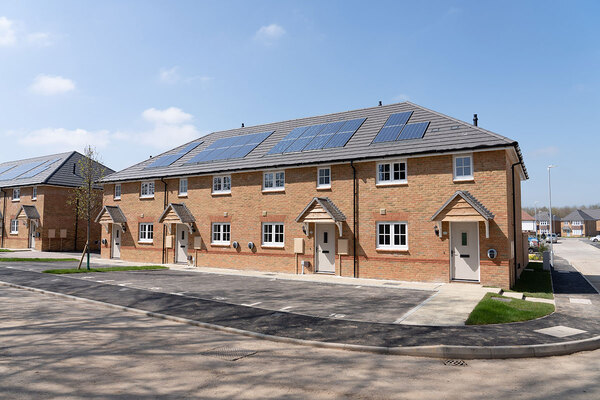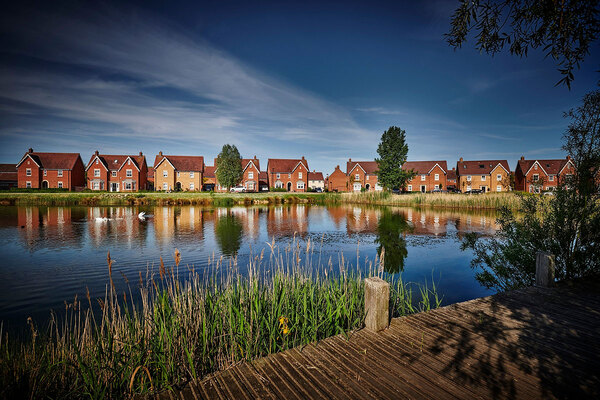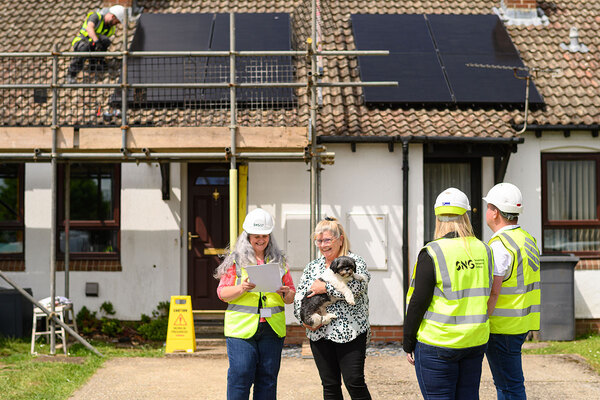You are viewing 1 of your 1 free articles
Sector voices concerns over push for regular home inspections
Sector figures have raised concerns over the potential challenges for landlords to meet a proposed new regulatory requirement ensuring they physically inspect all their homes on a regular basis.
Senior representatives Inside Housing has spoken to said that while the new proposed standards are welcome, landlords should not be held to account “for what’s going on inside properties that we simply cannot access” and that courts need to grant access.
If surveys of homes inside and out were required every one or two years, this might also be a “tall order”, another figure said.
The regulator launched a consultation on new proposed consumer standards at the end of last month.
The consultation document says “registered providers must have an accurate record at an individual property level of the condition of their stock, based on a physical assessment of all homes, and keep this up to date”.
It does not define “up to date”, the interpretation of which the Regulator of Social Housing (RSH) is likely to leave to housing providers’ discretion.
The requirement is included in the proposed new Safety and Quality Standard, one of four revised standards designed to protect tenants and improve the service they receive.
The standards, which also include the Transparency, Influence and Accountability Standard; the Neighbourhood and Community Standard; and the Tenancy Standard are part of sweeping reforms to the regulation of social housing that were initially proposed more than six years ago in the wake of the Grenfell Tower fire.
They will replace the Home Standard, the Tenancy Standard, the Neighbourhood and Community Standard and the Tenant Involvement and Empowerment Standard, and will apply to all housing associations and stock-holding councils.
The regulator intends that they be in place from next April, following the consultation.
As well as having an accurate record based on a physical assessment of all homes, a specific expectation around stock quality in the consultation document is that landlords must use that data to inform their provision of good-quality, “well-maintained and safe homes” for tenants.
In response to the specific expectations around stock condition, Matthew Bailes, chief executive of Paradigm, said: “We do need confidence that all of our homes are at the right standard, so I have no difficulty with the thrust of the new requirements. But there are some important questions about how best to achieve this.”
He said there should not be too heavy a reliance on stock condition surveys alone.
“Providers should have lots of other relevant data – for example, the history of repairs, investment works and compliance checks; data on thermal efficiency; and wider contextual information, for example on the level of contact, complaints and vulnerability.
“The trick is to bring all the information together, as well as on-the-ground intelligence, to create a rich picture and spot any gaps.”
He also said the sector needs the courts to grant access when necessary.
“We are happy to be held to account, but not for what’s going on inside properties that we simply cannot access,” Mr Bailes said.
Paul Price, chief executive of the Association of Retained Council Housing (ARCH), said that a number of members are now looking at 100% stock condition surveys inside and out of properties.
But he said if too many landlords jump to do them at the same time, there will be significant demand on a finite number of building surveyors.
“Some local authorities I’ve been speaking to – some of our members – have said we’re just going to do a 100% stock condition survey and one or two of them are being quite ambitious and saying we want to try and do that within the next 12 months.
“The trouble is that that is just going to drain resources out of the surveying sector and everybody’s competing now for the same resources. There is a finite number of building surveyors around,” he said.
He also raised concerns that if there is too much focus on stock condition, other safety requirements could suffer.
Mr Price said: “The regulator has been warning about people jumping to the next big thing and forgetting about the basics.
“One of the comments they’ve made is that people are doing all these stock condition surveys and then forgetting their gas maintenance servicing.”
Julie Wittich, chief operating officer at Accent, said the housing association is in a good position, having surveyed nearly 90% of its stock.
She said it is not unrealistic to have all of the stock surveyed physically, but the issue will be around how often it has to be surveyed. Ms Wittich said every two years would be a “tall order”.
“I think five-yearly is achievable and you could do the outside and the inside… I don’t think it’s that tricky. We’ve got repairs people going into properties all the time so we collect damp and mould data then.”
She said it is achievable if landlords are doing it at every opportunity, rather than having it as an isolated programme.
“It’s all about planning and about having a grown-up conversation with our customers and telling them we need to get in,” she said.
At Housing 2023 in June, the RSH’s chief executive voiced concern over a rise in gas safety breaches after it thought the issue had already been “cracked”.
Fiona MacGregor said at the time: “That’s why we put the damp and mould [issue] in a context. It’s not, ‘You chase one ball, and forget what is going on on the pitch elsewhere’.”
Mr Price added: “It’s a very tricky one for the sector at the moment, balancing all of these competing priorities and demands and of course not having the money to pay for it all.”
A spokesperson for the RSH said: “Landlords should provide good-quality homes and services to their tenants. To do this they need a detailed understanding of individual homes to make sure they are safe and problems are dealt with promptly.
“Checking the condition of all tenants’ homes, inside and out, is an important part of this. We will expect landlords to engage constructively with tenants to understand and resolve potential issues around access, and treat them with fairness and respect.
“And we will continue to be proportionate when we assess landlords’ compliance with the proposed new consumer standards.”
They added that the new standards will “protect tenants and give them stronger powers to hold landlords to account”.
“We encourage tenants, landlords and others in the sector to have their say in this important consultation,” they said.
Sign up for our asset management newsletter
Already have an account? Click here to manage your newsletters











